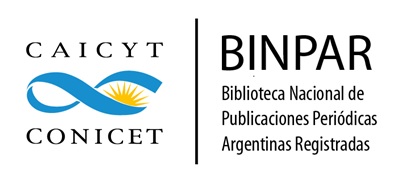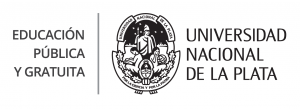Living through Contingency
Youth Narratives about COVID-19 in Jalisco, Mexico
DOI:
https://doi.org/10.24215/18524907e066Keywords:
youth, Mexico, COVID-19, narrativesAbstract
This paper explores the narratives of young people, between 15 and 29 years old, that inhabit the Guadalajara Metropolitan Area (ZMG), Mexico, in the face of the pandemic environment associated with COVID-19. The study is qualitative and was conducted within March 2020 and June 2021, in Jalisco, Mexico. These are the main findings: the deepening of inequalities experienced by the young population; the importance of the techno-digital realm for the production of youth subjectivities (along with an unexpected tendency to media detachment); and the symbolic ineffectiveness of the institutionalgovernmental discourse for the consolidation of the ontological security of the youth.
Downloads
Metrics
References
Abeysinghe, S. (2013). When the Spread of Disease Becomes a Global Event: The Classification of Pandemics. Social Studies of Science, 43(6), 905-926. https://doi.org/10.1177/0306312713492559
Agamben, G. (1998). Homo Sacer. Sovereign Power and Bare Life. California, United States: Stanford University Press.
Ahmad, A. y Murad, H. (2020). The Impact of Social Media on Panic During the COVID-19 Pandemic in Iraqi Kurdistan: Online Questionnaire Study. Journal of Medical Internet Research, 22(5), e19556. https://doi.org/10.2196/19556
Angulo, Y., Santos, M. y Siqueiros, J. (2021). Covid-19 y vulnerabilidad socioeconómica: un estudio convergente. Revista Mexicana de Sociología, (S.1.). https://doi.org/10.22201/iis.01882503p.2021.0.60067
Arfuch, L. (2007). El espacio biográfico. Dilemas de la subjetividad contemporánea. Ciudad Autónoma de Buenos Aires, Argentina:
Fondo de Cultura Económica.
Badiou, A. (2005). Being and Event. London, United Kindgdom: Continuum.
Banerjee, D. and Mayank, R. (2020). Social Isolation in Covid-19: The Impact of Loneliness. International Journal of Social Psychiatry, 66(6), 527-527. https://doi.org/10.1177%2F0020764020922269
Brooks, S., Webster. R., Smith. L., Woodland. L., Wessely,S., Greenberg, N. y Rubin, G. (2020). The Psychological Impact of Quarantine and How to Reduce It: Rapid Review of the Evidence. The Lancet, 395(10227), 839-920. https://doi.org/10.1016/S0140-6736(20)30460-8
Centro de Estudios Estratégicos para el Desarrollo (CEED). (2020). Estudio de seguimiento sobre la pandemia de COVID-19. Jalisco a Futuro. Recuperado de https://cutt.ly/lURFK7h
Cruz Tolosa, D. (2020). Pandemia, jóvenes y precarización laboral. Revista Argentina de Estudios de Juventud, (14), e051, 1-15. https://doi.org/10.24215/18524907e051
Dlamini, J. (2020). Gender-Based Violence, Twin Pandemic to COVID-19. Critical Sociology, 47(4-5), 583-590. https://doi.org/10.1177%2F0896920520975465
Day, L., Percy-Smith, B., Rizzo, S., Erskine, C., Monchuk, L. and Shah, M. (2020). To Lockdown and Back: Young P opl ’s L v d Exp r nc s of the COVID-19 Pandemic. Ecorys. https://www.guc19.com/pdf/resourcebank/to-lockdown-and-back-research-report.pdf
Faro, A., de Andrade Bahiano, M., de Cassia Nakano, T., Reis, C., Pereira da Silva, B. y Santos Vitti, L. (2020). COVID-19 e saúde mental: a emergência do cuidado. Estudos de Psicologia (Campinas), (37), e200074. https://doi.org/10.1590/1982-0275202037e200074
Galea, S., Merchant, R. y Lurie, N. (2020). The Mental Health Consequences of COVID-19 and Physical Distancing. JAMA Internal
Medicine, 180(6), 817-818. Recuperado de http://jamanetwork.com/article.aspx?doi=10.1001/jamainternmed.2020.1562
Germani, A., Buratta, L., Delvecchio, E. y Mazzeschi, C. (2020). Emerging Adults and COVID-19: The Role of Individualism-Collectivism
on Perceived Risks and Psychological Maladjustment. International Journal of Environmental Research and Public Health, 17(10), 3497. https://doi.org/10.3390/ijerph17103497
González Aguirre, I. (2012). (De)construyendo la esfera pública. Juventud y (la otra) cultura política. Revista Latinoamericana de Ciencias Sociales, Niñez y Juventud, 10(1), 147-157. Recuperado de https://www.redalyc.org/pdf/773/77323982007.pdf
González Aguirre, I. (2017). Y sin embargo se mueve: juventud y cultura(s) política(s) en Guadalajara. Guadalajara, México:
Universidad de Guadalajara.
González Aguirre, I. (2018). Juventud y política en México, ¿una esfera pública que evanesce? Internaciones, 5(13), 237-261.
https://doi.org/10.32870/in.v5i13.7073
Gómez Granda, P. y Mena Rodríguez, V. (2021). Espacios urbanos, jóvenes habitantes de calle y covid-19. Revista Argentina de Estudios de Juventud, (15), e053, 1-30. https://doi.org/10.24215/18524907e053
Guzmán, J. y Sosa Chávez, N. (2020). De incertidumbres y pocas certezas. Consideraciones de estudiantes jujeños en escenarios de pandemia. Revista Argentina de Estudios de Juventud, (14), e048, 1-29. https://doi.org/10.24215/18524907e048
Harding, P. (2009). Pandemics, Plagues and Panic. British Journalism Review, 20(3), 27-33. https://doi.org/10.1177/0956474809348261
Ibáñez, J. (1994). El regreso del sujeto. La investigación social de segundo orden. Madrid, España: Siglo XXI.
Instituto de Información Estadística y Geográfica de Jalisco (IEEG). (2020). Monitoreo de las afectaciones económicas a las unidades
económicas de Jalisco por el COVID-19. Recuperado de https://cutt.ly/aURSjCd
Infante, C., Peláez, I. y Giraldo, L. (2021). Covid-19 y género: efectos diferenciales de la pandemia en universitarios. Revista
Mexicana de Sociología, (S.1), 169-196. Recuperado de http://revistamexicanadesociologia.unam.mx/index.php/rms/article/view/60072
Johns Hopkins University, Coronavirus Resource Center. (2021). COVID-19 Dashboard by the Center for Systems Science and Engineering (CSSE). Recuperado de https://coronavirus.jhu.edu/map.html
Katila, J., Yumei, G. and Goodwin, M. (2020). Interaction Rituals and ‘Soc al D stanc ng’: New Haptic Trajectories and Touching from a Distance in the Time of COVID-19. Discourse Studies, 22(4), 418-440. https://doi.org/10.1177%2F1461445620928213
Kissler, S., Tedijanto, C., Goldstein, E., Grad, Y. and Lipsitch, M. (2020). Projecting the Transmission Dynamics of SARS-Cov-2 through the Postpandemic Period. Science, 368(6493), 860-868. https://doi.org/10.1126/science.abb5793
Kovacs, B., Caplan, N., Grob, S. y King, M. (2021). Social Networks and Loneliness During the COVID-19 Pandemic. Socius. Sociological Research for a Dynamic World, (7), 1-16. https://doi.org/10.1177%2F2378023120985254
Kumar, A. (2020). COVID-19 and Domestic Violence: A Possible Public Health Crisis. Journal Of Health Management, 22(2), 192-196.
https://doi.org/10.1177%2F0972063420932765
Lago, L., Sanabria, J., Ronconi, P. y Zuluaga, P. (2021). Jóvenes y pandemia. Experiencias estudiantiles en Chubut. Revista Argentina de Estudios de Juventud, (15), e054. https://doi.org/10.24215/18524907e054
Law, J. (2004). After Method. Mess in Social Science Research. Londres, United Kingdom: Routledge.
Liang, L., Hui, R., Ruilin, C., Yueyang, H., Zeying, Q., Chuanen, L. y Songli, M. (2020). The Effect of COVID-19 on Youth Mental Health. Psychiatric Quarterly, 91(3), 841-852. https://doi.org/10.1007/s11126-020-09744-3
Martin, M., Kap, M. y Génova, E. (2020). Entre el distanciamiento y la conectividad. Experiencias en tiempos de COVID-19. Revista
Argentina de Estudios de Juventud, (14), e042, 1-12. https://doi.org/10.24215/18524907e042
Mohamad, S. (2020). Creative Production of «COVID-19 Social Distancing» Narratives on Social Media. Tijdschrift Voor Economische En Sociale Geografie, 111(3), 347-359. https://doi.org/10.1111/tesg.12430
Murillo-Llorente, M. T. y Perez-Bermejo, M. (2020). COVID-19: Social Irresponsibility of Teenagers towards the Second Wave in Spain. Journal of Epidemiology, 30(10), 483-483. https://doi.org/10.2188/jea.je20200360
Nerlich, B. y Jaspal, R. (2021). Social R pr s ntat ons of ‘Soc al D stanc ng’ in Response to COVID-19 in the UK Media. Current Sociology, 69(4), 566-583. https://doi.org/10.1177%2F0011392121990030
Nespereira, J. (2014). Los discursos de la pandemia. Nuevas estrategias de comunicación del riesgo en un nuevo contexto sociocultural. Cultura, Lenguaje y Representación. Revista de Estudios Culturales de la Universitat Jaume I, (XIII), 185-199. Recuperado de https://www.erevistes.uji.es/index.php/clr/article/view/1553
Organización Internacional del Trabajo (OIT). (2020). Los jóvenes y la COVID-19. Efectos en los empleos, la educación, los derechos y el bienestar mental. Ginebra, Suiza: Organización Internacional del Trabajo.
ONU Mujeres. (2020). COVID-19 y su impacto en la violencia contra las mujeres y niñas. Recuperado de https://cutt.ly/cURT9FK
Quiroz, N. (2020). TikTok. La aplicación favorita durante el aislamiento. Revista Argentina de Estudios de Juventud, (14), e044, 1-9.
https://doi.org/10.24215/18524907e044
Reguillo Cruz, R. (2003). De la pasión metodológica o de la (paradójica) posibilidad de la investigación. En R. Mejía Arauz y S. Sandoval (Coords.), Tras las vetas de la investigación cualitativa. Perspectivas y acercamientos desde la práctica (pp. 17-38). Guadalajara, México: Instituto Tecnológico y de Estudios Superiores de Occidente (ITESO).
Rorty, R. (1995). Contingency, Irony and Solidarity. Cambridge, United Kingdom: Cambridge University Press.
Seçer, İ. y Ulaş, S. (2020). An Investigation of the Effect of COVID-19 on OCD in Youth in the Context of Emotional Reactivity, Experiential Avoidance, Depression and Anxiety. International Journal of Mental Health and Addiction, (19), 2306-2319. https://doi.org/10.1007/s11469-020-00322-z
Secretaría de Salud de México (2021). COVID-19 Tablero México. Recuperado de https://datos.covid-19.conacyt.mx
Sibilia, P. (2008). La intimidad como espectáculo. Ciudad Autónoma de Buenos Aires, Argentina: Fondo de Cultura Económica.
Vlassis, A. (2021). Global Online Platforms, COVID-19 and Culture: The Global Pandemic, an Accelerator towards Which Direction?
Media, Culture & Society, 43(5), 957-969. https://doi.org/10.1177%2F0163443721994537
Walby, S. (2020). The COVID Pandemic and Social Theory: Social Democracy and Public Health in the Crisis. European Journal of Social Theory, 24(1), 22-43. https://doi.org/10.1177%2F1368431020970127
Zizeq, S. . Event. A Philosophical Journey through a Concept. Brooklyn, United States: Melville House.
Additional Files
Published
How to Cite
Issue
Section
License
Copyright (c) 2022 Igor Israel González Aguirre

This work is licensed under a Creative Commons Attribution-NonCommercial-ShareAlike 4.0 International License.
The acceptance of an original by the journal implies the non-exclusive transfer of the patrimonial rights of the authors in favor of the publisher, who allows the reuse, after its edition (postprint), under a Creative Commons License Attribution-NonCommercial-ShareAlike 4.0 International.
According to these terms, the material can be shared (copy and redistribute in any medium or format) and adapted (remix, transform and create another work from the material), provided that a) the authorship and the original source of their publication (magazine and URL of the work) are cited, b) is not used for commercial purposes and c) the same terms of the license are maintained.
The assignment of non-exclusive rights implies that after postprint in Revista Argentina de Estudios de Juventud authors may publish their work in any language, media and format; in that case, it is requested that they signal that the material was originally published by this journal.
Assignment also entails the authors’ authorization for the work to be collected by SEDICI, the institutional repository of the Universidad Nacional de La Plata, and for it to be indexed in the databases that the publisher thinks appropriate for enhancing the visibility of the published work and its authors.
In addition, the journal encourages authors to submit their works to other institutional and thematic repositories after their publication in Revista Argentina de Estudios de Juventud, under the assumption that offering society unrestricted access to scientific and academic production contributes to a greater exchange in global knowledge.

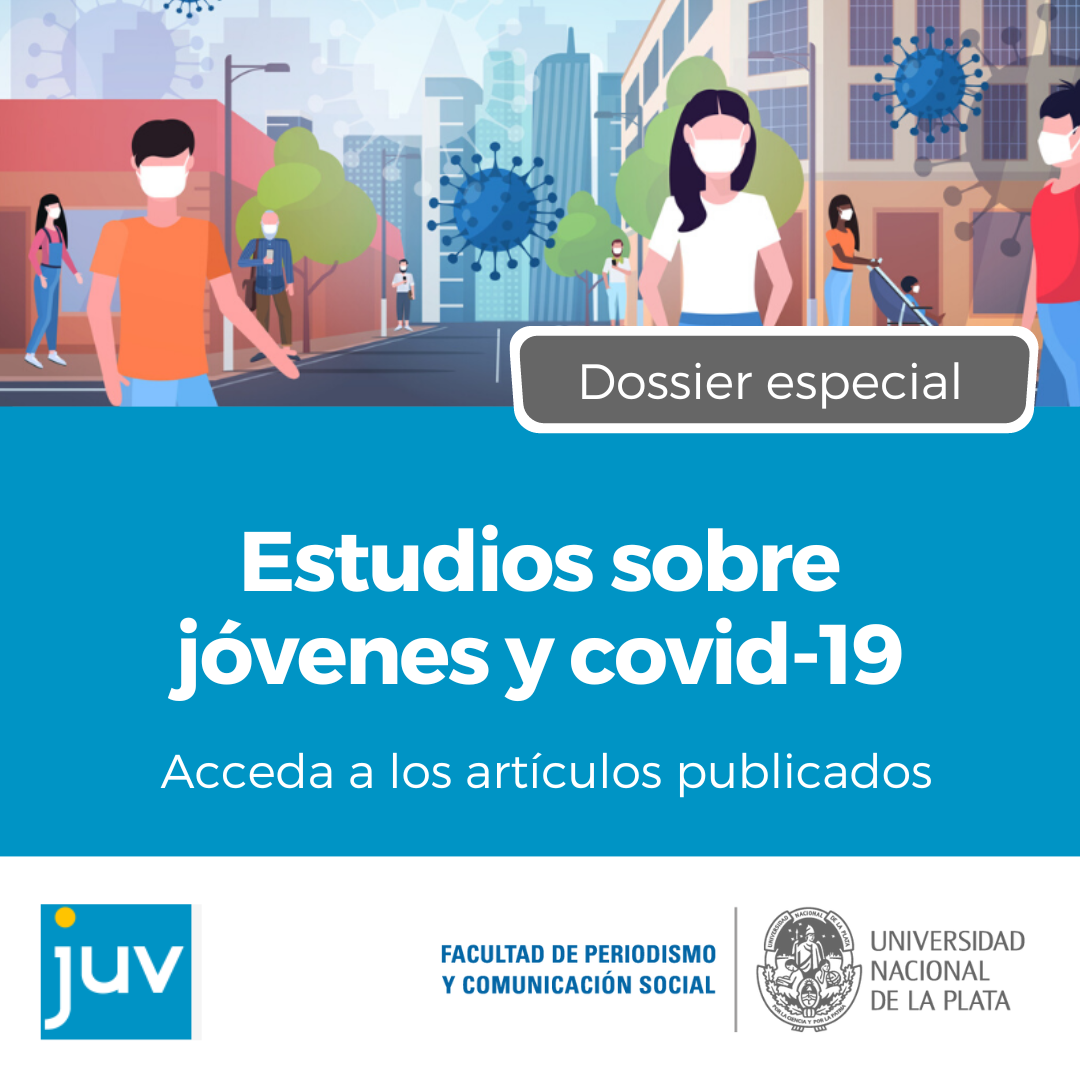





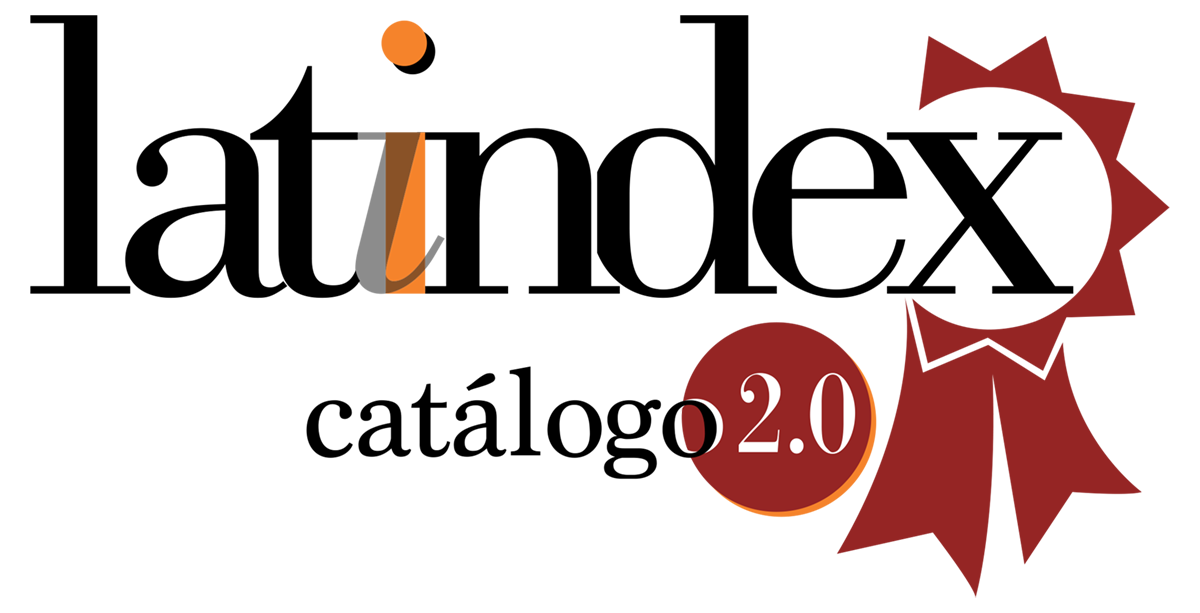

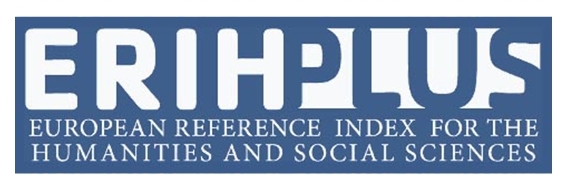



.png)















